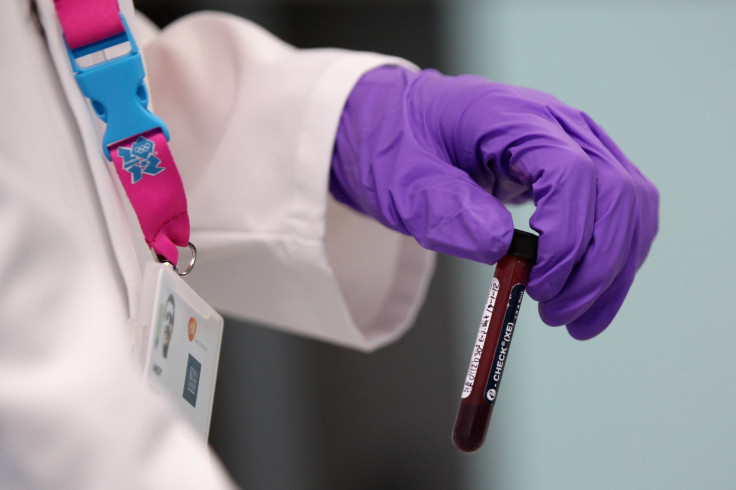IAAF Suppressed Study Showing Widespread Doping In Athletics: Report

The governing body of world athletics has suppressed a 2011 study, which showed that up to a third of the sport's top-flight competitors admitted to using banned performance-enhancing substances and techniques, according to a report from the UK's Sunday Times.
The study was carried out by researchers at the University of Ingenue in Germany, who were given access to athletes at the 2011 world championships in Daegu, South Korea, the newspaper said.
In confidential interviews, hundreds of athletes told researchers that they had broken anti-doping rules. The Sunday Times, which along with German broadcaster ARD obtained a copy of the study, reported its conclusion that 29 percent – 34 percent of the 1,800 competitors at the championships had violated anti-doping rules in the previous 12 months.
"These findings demonstrate that doping is remarkably widespread among elite athletes, and remains largely unchecked despite current biological testing programs," the study said.
The study was not commissioned by the International Association of Athletics Federations (IAAF), but the body was given the option to veto publication by the study's sponsors, the World Anti-Doping Agency (WADA), in exchange for allowing researchers access to the athletes at Daegu, the BBC reported. Researchers were also made to sign confidentiality agreements that barred them from speaking about their findings.
"The IAAF's delaying publication for so long without good reason is a serious encroachment on the freedom of publication," the researchers said in a statement, cited by Reuters.
Asked why the study had never been published, the study's lead author, Dr Rolf Ulrich from the University of Tubingen told the paper: "It's because the IAAF is blocking it. I think they are stakeholders with WADA and they just blocked the whole thing."
The IAAF responded in a statement: "Discussions are ongoing with the research team and WADA regarding publication of the study."
The revelations come just weeks after the Times and ARD obtained leaked files on 12,000 blood tests from 5,000 elite athletes, which also suggested to that the practice of doping in the sport was widespread.
“Never have I seen such an alarmingly abnormal set of blood values," anti-doping expert Robin Parisotto told the BBC, in relation to the files. "So many athletes appear to have doped with impunity, and it is damning that the IAAF appears to have idly sat by and let this happen."
© Copyright IBTimes 2025. All rights reserved.






















